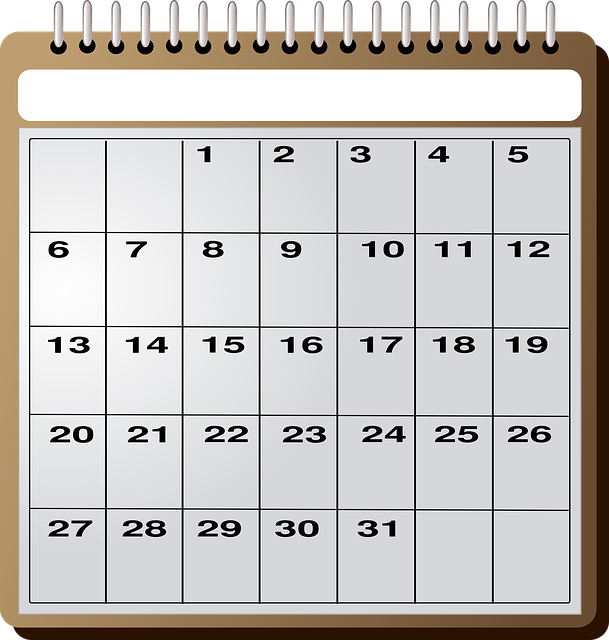 One of the mysteries of Christianity is the concept that Jesus will return one day to pass judgment. That has, predictably, led to hundreds of years of human speculation on the when and where – particularly the “when.” In particular, this concept is tied to the “end times” predicted in the book of Revelations.
One of the mysteries of Christianity is the concept that Jesus will return one day to pass judgment. That has, predictably, led to hundreds of years of human speculation on the when and where – particularly the “when.” In particular, this concept is tied to the “end times” predicted in the book of Revelations.
So, if there is a scheduled “end time,” how will we know of its arrival? What signs will we see?
Unfortunately, the question of the end times is contaminated by a potpourri of human superstitions and misinterpretations. But at the root of the question is the element of time. Does God have a specific time reserved for this cataclysmic event? Is there a particular season or year that will serve as the host for Jesus’ return?
As with many of the biblical events, the time or timing of significant activities is contingent upon the definition of time in human terms.
One of the handicaps we suffer as humans is the need to keep score and track the timing of events on a scale that we can identify based on human experiences. Our definition of a “day” is the time it takes for our planet to make one full revolution on its axis. A year is the time it takes for our planet to make one full orbit around the sun. In both cases, we are dealing with a man-made scale that requires a tweek on occasion to make up for human errors in interpretation. The most famous of these is “leap year.” Finally, we are faced with the knowledge that different cultures and different eras have contributed alternate definitions of time, even alternate calendars.
When it comes to God’s schedule of events, we are hopelessly out of our element. How can a human, handicapped by our human-defined standards, hope to second guess a Creator who has eternity at His disposal?
The Bible itself contributes to the confusion in its very first passages. The book of Genisis describes the first six days of the creation of our world. Judging by the evidence that science provides about the formation of the earth, we immediately find ourselves facing the question – “what is the length of God’s day?”
As the books of the Bible were written by human hands, those writers were handicapped by the same general limitations of human knowledge, plus the additional limitations of human experiences accumulated to that date.
Ultimately, we have to face the fact that, if there is an “end times” on God’s calendar, we have no way of predicting when that might occur. Those end times might surface thousands of years in the future, or it might happen thirty seconds after you read that last sentence.
Either way, our only hope of continuing our existence beyond this moment is to embrace our faith and forge a loving link with our Creator. Then, our ability to understand God’s calendar is inconsequential.
His will be done.
